Announcing the 2025 ILDS DermImpact Grant Recipients
3 Apr 2025
We are proud to announce that, as part of this brand-new programme, the first-ever DermImpact Grants have been awarded to five recipients, totalling over US $100,000.
Towards the end of 2024, the ILDS, through its foundation, The International Foundation for Dermatology (IFD), launched a new grants programme - DermImpact. This initiative supports projects that foster sustainable improvements and capacity-building in dermatological care within underserved communities.
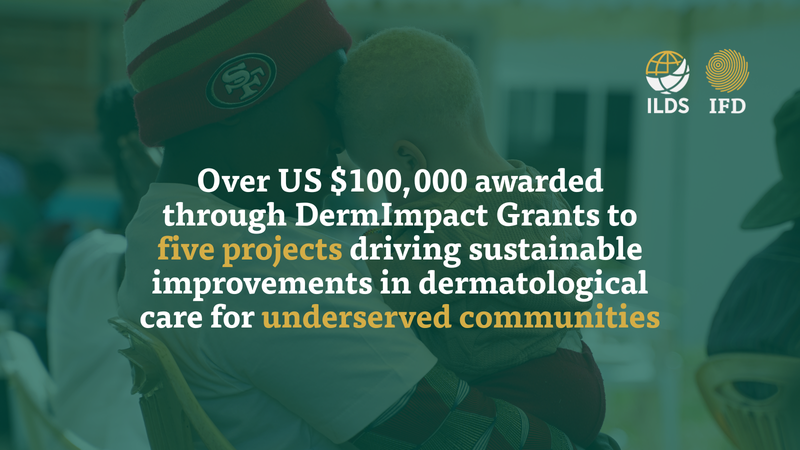
Since its launch, the programme has received an overwhelming number of applications from both organisations and individuals. We are proud to announce that five DermImpact Grants have been awarded, totalling over US $100,000.
These projects, which will take place across five different countries, will provide essential dermatological care while also strengthening relationships with multiple stakeholders and delivering training to ensure a lasting impact.
Learn more about DermImpact
DermImpact Grants Programme provides support for projects that are looking to build capacity in underserved regions/communities to improve care and services for patients with skin diseases.
Learn more about our grants programmesWe are excited to share the details of our 2025 DermImpact Grant Recipients:
We are looking forward to supporting each of the successful DermImpact Grant Recipients in promoting long-lasting improvements in the standard of care for those affected by skin diseases.”
ILDS President, Prof Henry W. Lim
Improving Access to Skin NTD Care in Ethiopia (ImpactSkin NTDs)
Lead Organisation: Arba Minch University, Ethiopia
Project Lead: Professor Wendemagegn Enbiale
The ImpactNTDs project aims to enhance access to the diagnosis and treatment of skin Neglected Tropical Diseases (NTDs) - specifically podoconiosis, cutaneous leishmaniasis (CL), and other skin-related NTDs - at the Primary Healthcare (PHC) level in Ethiopia.
By using podoconiosis nodulectomy and cutaneous leishmaniasis as model diseases, the project seeks to establish a community-driven approach to NTD care. Through co-production with local communities and health stakeholders, it will develop interventions that address their unique needs.
By decentralising skin NTD care to the PHC level, the project aims to improve both the availability and quality of services. It will also assess treatment adherence and effectiveness, ensuring sustainable healthcare improvements. Ultimately, ImpactNTDs strives to bring diagnosis and treatment closer to the community, setting a new standard for integrated, patient-centred NTD management in Ethiopia.
Establishing Sustainable Dermatopathology Services in Samarqand, Uzbekistan
Lead Organisation: PASHA, Uzbekistan
Project Lead: Dr Ali Lotfizadeh
This project addresses a critical gap in dermatopathology services in the Samarqand Region of the Republic of Uzbekistan, home to four million people without access to diagnostic support for skin diseases and cancers. This initiative will establish a training model for dermatopathologists while ensuring that dermatologists and nursing staff are well-equipped to support the service. The project will also develop IT infrastructure to facilitate the exchange of medical information for patient care and education. Alongside the DermImpact grant and support, a recent donation from Indiana University has provided essential equipment for a dermatopathology lab.
Improving Sexual Health and Wellbeing Among Adolescents in Remote Hills of Nepal
Lead Organisation: DI Skin Hospital and Referral Center, Nepal
Project Lead: Dr Suchana Marahatta
This project focuses on different aspects of sexual health in a community school of remote hills of Gorkha district in the western Nepal. Twenty schoolteachers and twenty female community health volunteers (FCHV) will receive intensive and holistic training on different aspects of sexual health and more than 1,000 adolescent students will receive education on different aspects of sexual health.
The programme will improve knowledge and understanding of sexual health, which will help participants to have better understanding on safe sexual practice. Additionally, this project will also raise awareness on sexual and gender-based violence. Consultant dermatologists, public health experts, psychologist, stakeholders of the school, FCHV, and hospital ward members from local government will participate in the planning and execution of the project. DI Skin hospital & Referral Centre and Healthy Skin Hospital & Research Institute are collaborating organisations for this project. As a result, students participated in this project will receive better access appropriate help on sexual health related issues. Ultimately, this project will improve overall sexual health and wellbeing of the community.
Partners in Community Skin Health (CommSkin): An Integrated Approach to Skin Neglected Tropical Diseases in the Philippines
Lead Organisation: Philippine Leprosy Mission, Inc., Philippines
Project Lead: Dr Belen Dofitas
The Partners in Community Skin Health (CommSkin) is a community skin health approach and social innovation strategy that was initially developed by the Philippine Leprosy Mission to support leprosy control efforts in local government units. Now expanded to address the problem of Skin Neglected Tropical Diseases (i.e. leprosy, yaws, lymphatic filariasis, ectoparasites, mycetoma, cutaneous leishmaniasis), the project will be implemented in two remote and impoverished villages in Tulunan, Cotabato, in Maguindanao, Southern Philippines.
CommSkin will help establish community skin health services and increase case detection and treatment of Skin NTDs as well as common skin diseases in an integrated manner. This project will also undertake capacity-building (i.e. the training and guidance of health workers, dermatological supplies) activities, skin health awareness campaigns, community skin screening, treatment of common skin diseases and skin NTDs. Active surveillance of Skin NTDs can also be established. With early detection, treatment, and rehabilitation, the stigma and disabilities due to Skin NTDs will also be reduced and quality of life improved.
Strengthening Healthcare for People with Albinism in Rwanda
Lead Organisation: Beyond Suncare, Rwanda
Project Lead: Mafalda Soto
Beyond Suncare is an NGO with a mission to to ensure that all people with albinism live a free and dignified life, protected against skin cancer and all kinds of discrimination. The project aims to enhance healthcare coverage for people with albinism in four districts of Rwanda by improving primary care services at 12 district hospitals and health centers. Key activities include acquiring sun protection materials, such as sunscreens, sunglasses, and hats. Additionally, liquid nitrogen and a transportation tank will be purchased for treating precancerous lesions.
The project will strengthen the clinical skills and knowledge of 36 healthcare personnel in early diagnosis of dermatological cancer, treatment, and specialised care for people with albinism through the development of training materials and delivery of training sessions. Pre- and post-training assessments will measure knowledge improvements, with a goal to enhance their understandings of albinism and skin cancer by 60%.
72 dermatology clinics will be conducted in the rural health centers of the previously mentioned districts to educate people with albinism on the condition and sun protection measures, to monitor beneficiaries' skin condition, and to deliver photoprotection tools. Patients requiring specialised treatment will be referred to hospitals in the capital. Comprehensive reports, attendance lists, and other verification documents will be collected throughout the project to ensure accountability and measure outcomes.
Updates from a few of the projects so far:
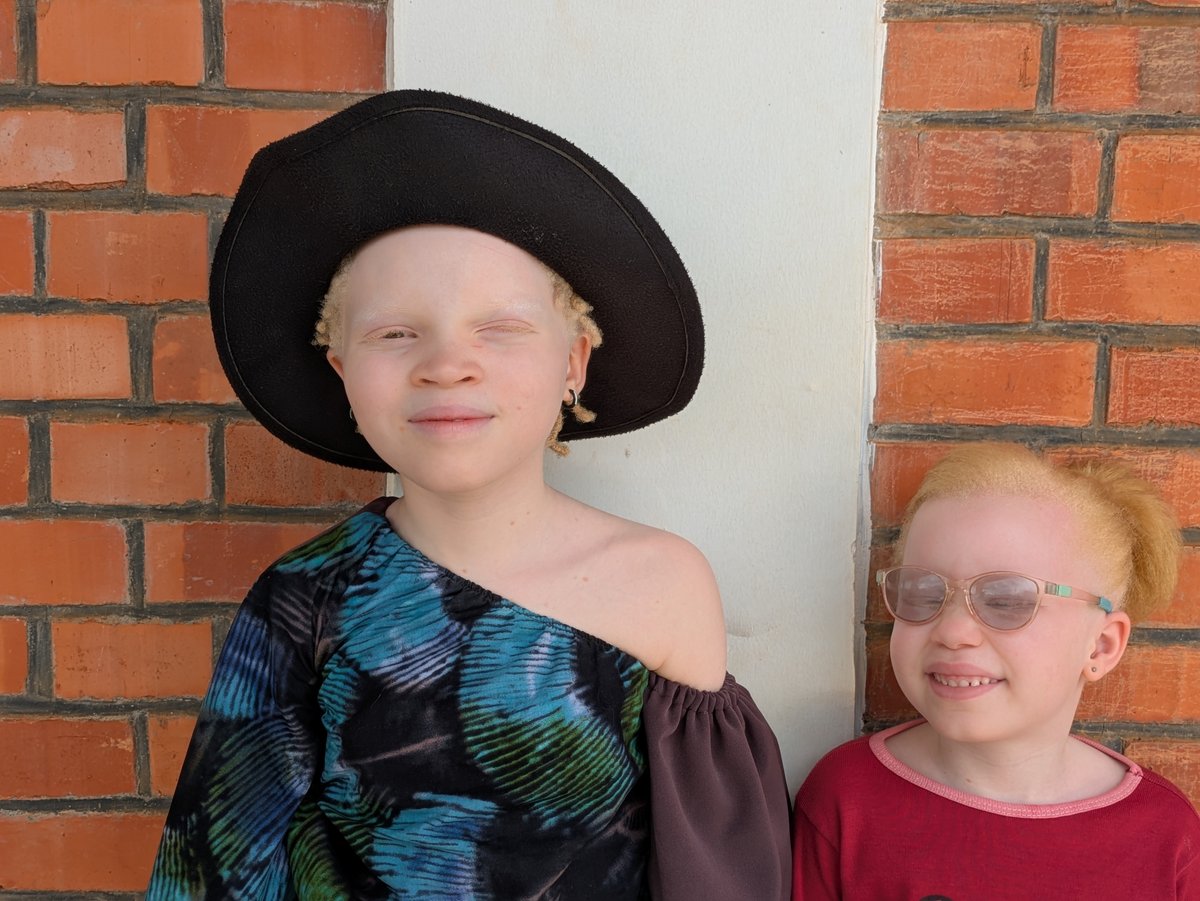
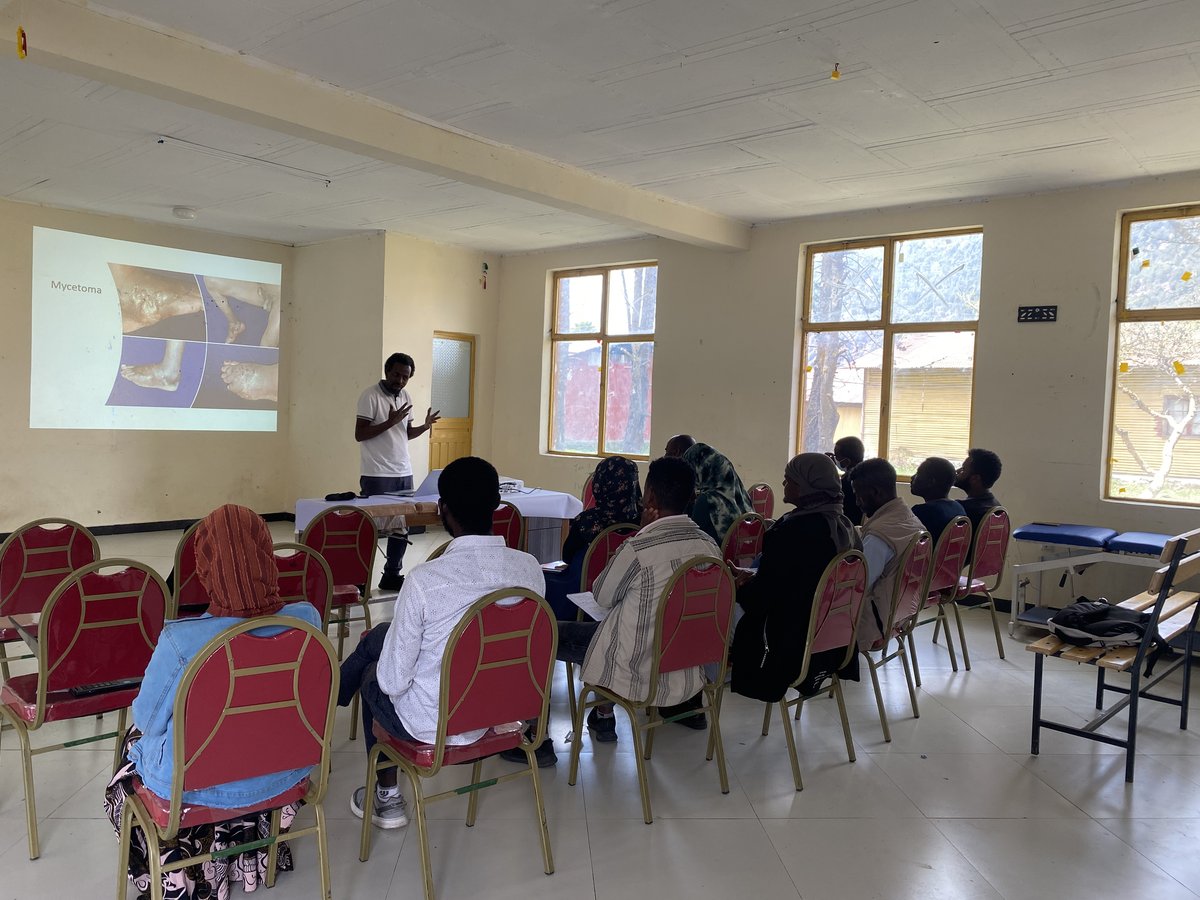
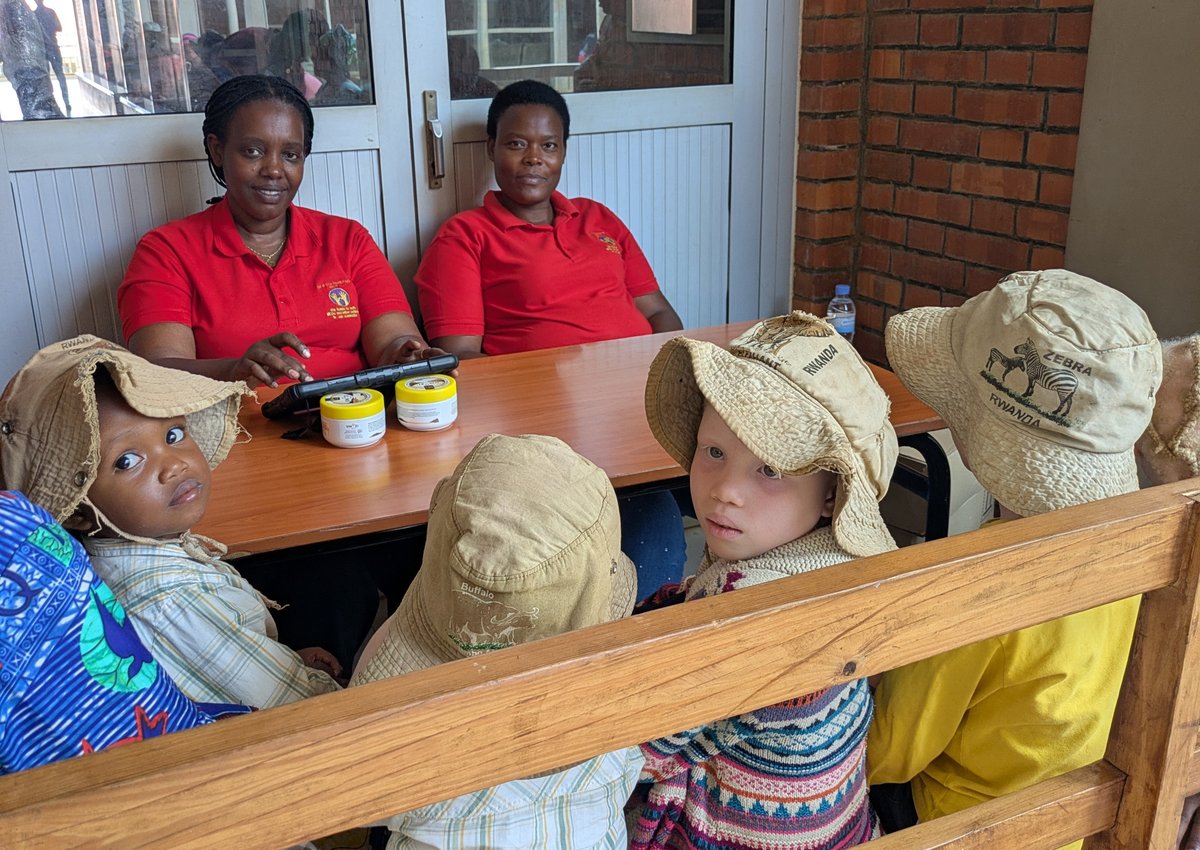
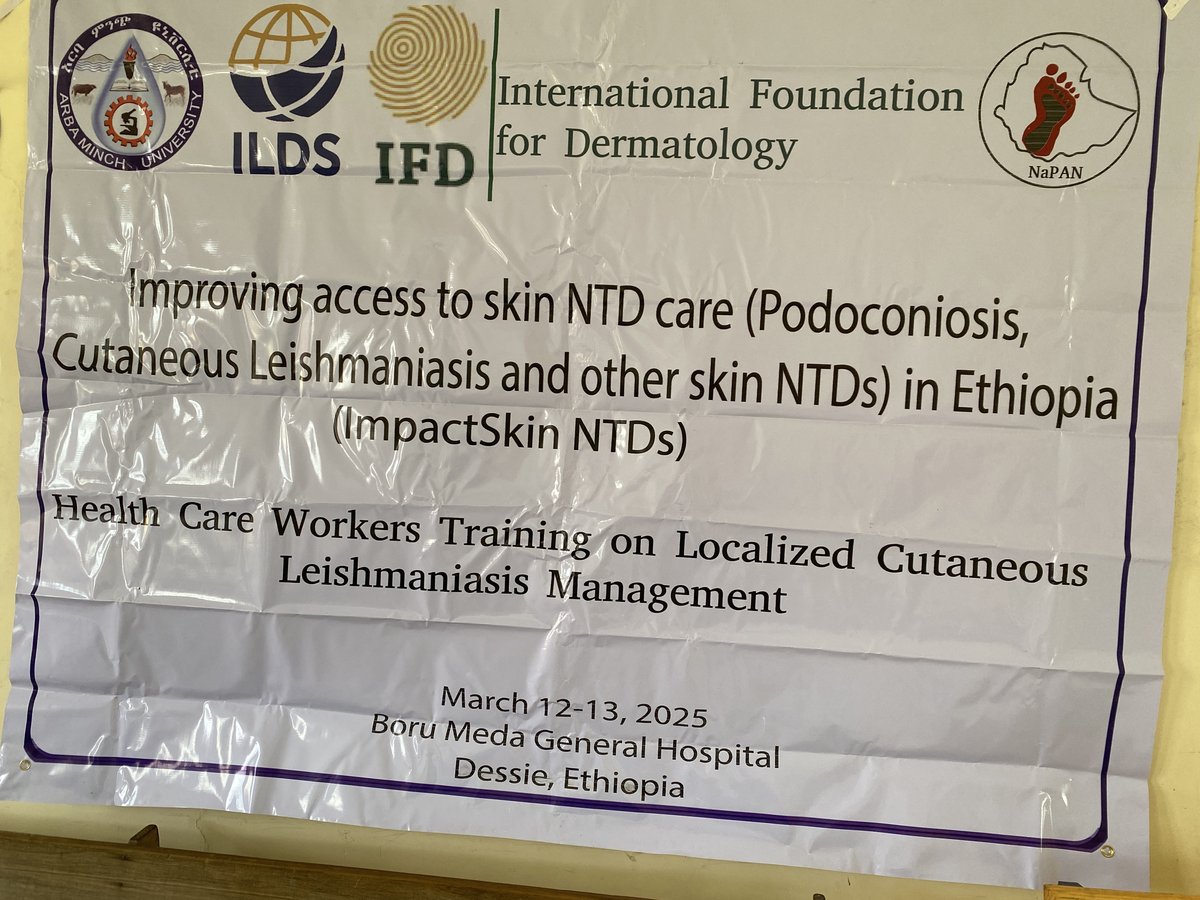
Looking Ahead: A Lasting Impact
As the first cycle of recipients, the 2025 DermImpact Grant recipients exemplify the ILDS’s commitment to improving dermatological care in underserved communities worldwide. By supporting these innovative projects and their holistic approaches, the Programme not only enhances access to vital treatments but also strengthens healthcare systems in these communities through training, collaboration, and sustainability-focused approaches.
We look forward to sharing updates on the progress and impact of these initiatives in the coming years.

Learn more about the IFD
The International Foundation for Dermatology (IFD) was created in 1987 by the ILDS to improve skin health in areas of low resource. It supports projects all over the world including Africa, Asia Pacific and South America. The IFD is critical to helping ILDS achieve its goal of ‘Skin Health for the World’.